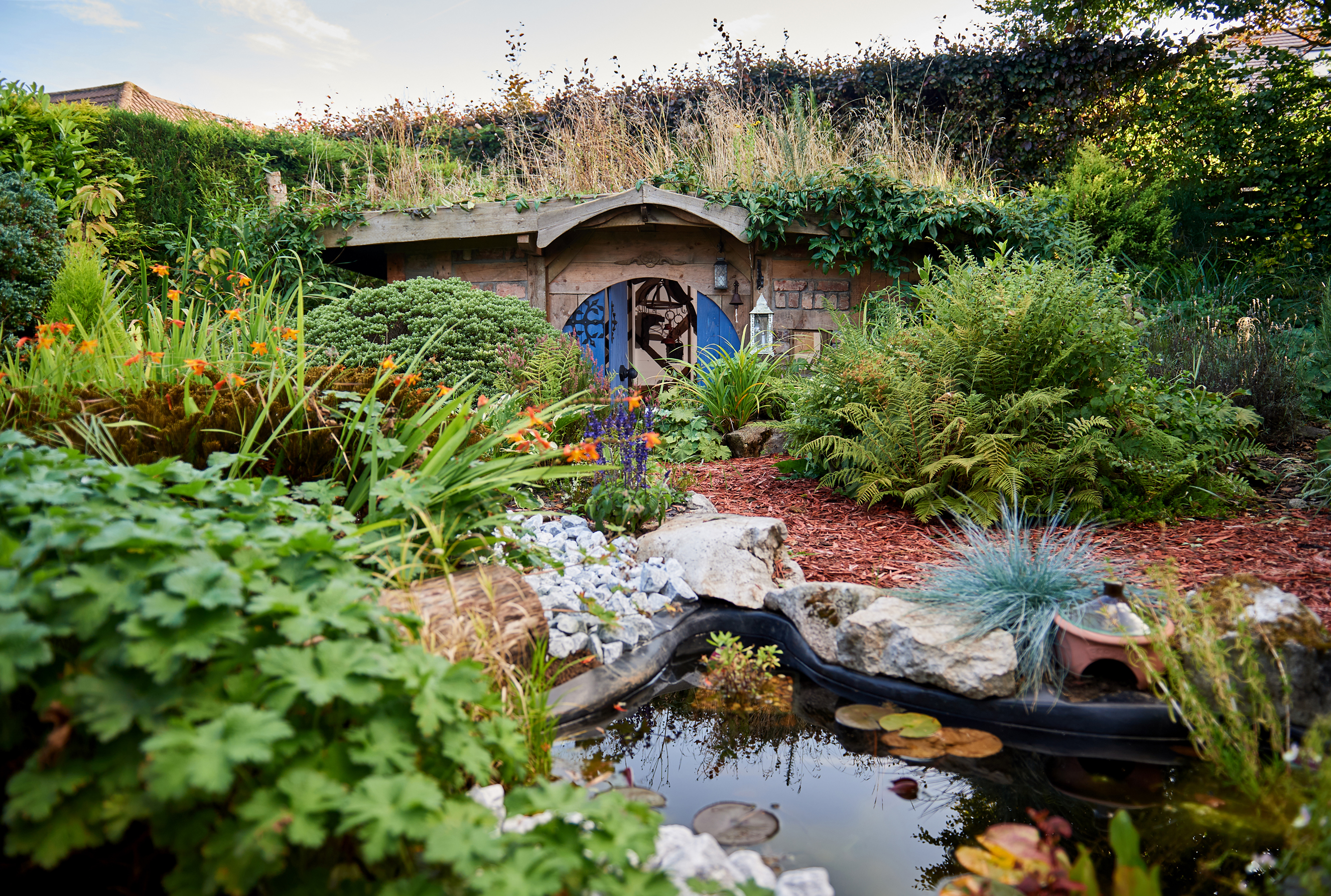A bold new idea plans to show every child in Britain the beauty of our national parks; the Fens are being rewilded, but not everybody is happy about it; and take a look at Britain's finest sheds.
Children should camp out under stars to help ‘re-ignite’ passion for national parks
Julian Glover’s review of the National Parks of Britain has come up with a fascinating idea to instil a love of the countryside at a young age: give every child in Britain a chance to spend at least one night camping out under the stars.
Mr Glover suggests that ‘overnight school trips would help pupils understand more about the natural environment’, according to a BBC report. There are a number of other recommendations in the report, with its lead author saying that it’s time to ‘re-ignite’ the passion which first saw the parks set up.
Nights out under the stars as a youngster can be an unforgettable experience, so this does seem a wonderful plan that we’d love to see it happen — then again, the teachers who’ll have to run such trips might have a somewhat different take on the matter.
And the winning shed is..
The winner of the Shed of the Year competition has been announced and, no, it’s not the politically-affiliated one you have been reading about in the papers.

The Tolkien-inspired Bux End triumphed in the 2019 edition of Shed of the Year
The accolade went to Chris Hield for his eco-friendly Bux End, a Tolkien-inspired shed with a living roof.
Fenland that was once the sea that almost drowned King Canute to be re-wilded

Whittlesey fens at sunset.
It’s hard to imagine a stretch of farmland south of Peterborough once being part of the sea, but that is the case for Whittlesea Mere, a once-thriving port where King Canute almost drowned in a ship that sank. The Fens have changed over the centuries perhaps more quickly than any other part of Britain, however, and in the 19th century this became highly productive farmland.
There is now a plan to return it to nature. In what is described as ‘one of Britain’s most ambitious and controversial rewilding projects’, conservationists have bought up large chunks of the land and plan to let the waters back in. ‘It’s trying to rebuild an entire lost landscape and let people reconnect with nature,’ author Alan Bowley told The Times of the Great Fen Project.
Others are not so sure about the plan, with local farmer John Ayres telling the paper that the plan is ‘a disaster’ and that the land will become ‘a haven for weeds and foxes.’
Largest-ever North Pole expedition sets off
The biggest Arctic research expedition to date, which will see hundreds of scientists locked in an ice floe for months to study the changing climate, is heading towards the North Pole.
Tonight's start of #MOSAiC – the Greatest Arctic Research Expedition of All Time https://t.co/Ltr5DiRlhg #MOSAiCexpedition #Arctic #IceDrift pic.twitter.com/E6W5wqiPCU
— MOSAiC Expedition (@MOSAiCArctic) September 20, 2019
The researchers are based on a ship that will embed itself in the polar sea-ice and drift with it for an entire year.
A hundred happy returns for the Forestry Commission
Set up in September 2019 to restore Britain’s depleted woodland, the agency is celebrating a hundred years of growth and successes.

The Forestry Commission was founded in 1919 and took over the stewardship of the Westonbirt Arboretum in 1956
Now the largest provider of recreational outdoor space in England, it has put together a packed calendar of centenary events to get people to visit its forests.
On this day… the first major battle of the Wars of the Roses
On September 23, 1459, the 5,000-strong Yorkist army, under the command of the Earl of Salisbury, defeated the much larger Lancastrian army at Blore Heath, in Staffordshire. The Lancastrian commander, James Touchet, Lord Audley, died in the field.
23 Sept 1459: The Battle of Blore Heath, first real battle of the Wars of the Roses, after Margaret of Anjou stirs Lancastrian sentiment against the Lord Protector, Richard of York, is a surprise victory for the Yorkists under Richard Neville, Earl of Salisbury.#OTD #OnThisDay pic.twitter.com/gN0j8YEmkY
— John Thor Ewing (@ThorEwing) September 23, 2018
Blore Heath was the second battle in the war, following the (smaller) First Battle of St Albans, which had taken place in 1455.
Relief in sight for flood-hit Yorkshire farms
Farmers who suffered from the Yorkshire Dales floods in the summer can now apply for grants from the Government’s £2-million Farming Recovery Fund.
Flooding in the Yorkshire Dales this afternoon.
This looks pretty severe!
…
Credit: Yorkshire Dales Life Facebook.#floodaware #flooding #Yorkshire #floods pic.twitter.com/eJgq0u88fa— Official Weather UK (@Official_WXUK) March 16, 2019
The grants, which will range from £500 to £25,000, will cover repair costs and cover uninsurable damage caused by water.
Full story (The Yorkshire Post)
And finally… how the Isle of Wight’s giant dinosaurs — the size of fighter jets — managed to take to the skies
You know that feeling when something’s been bugging you for 125 million years, and you finally find an answer? Us neither, but paleontologists have just experienced exactly that with a computer simulation that appears to solve the problem of Hatzegopteryx.
New findings and mathematical models shed light on how these animals, some of which had wingspans rivaling that of an F-16 fighter jet, lived. via @sciamhttps://t.co/j835eIiYAk
— NOVA | PBS (@novapbs) September 22, 2019
This giant Pterosaur, which lived 125 million years on what is now the Isle of Wight, was a puzzle since this 20ft tall, 650lb monster seemed far too big to take off. But research with a computerised 3D model suggests they used their massive leg and wing muscles to catapult themselves into the air. ‘We think this is one of the first super-pterosaurs,’ fossil hunter Robert Coram told The Times.




